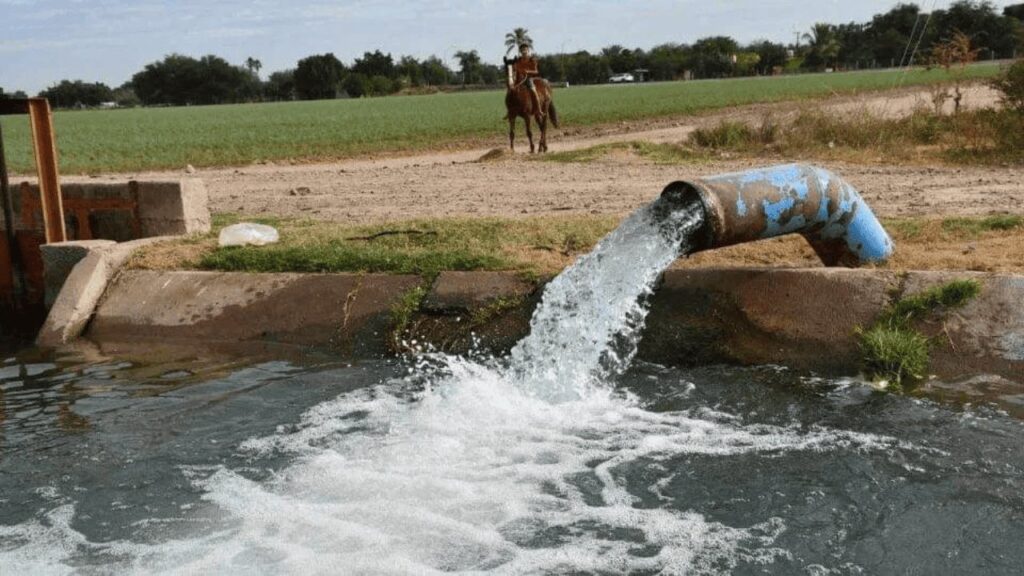The 70% of the use made of the groundwater is for the agricultural irrigation and that puts the planet's aquifers at risk, he said. John Cherry, Nobel Water Prize.
In an interview for El Diario de CatalunyaProfessor Emeritus of the University of WaterlooIn periods of droughtaquifers are the only water available to those who do not have reservoirs, but these are drying up because too much is being extracted.
"Groundwater is what feeds streams, sustains the ecology and provides drinking water for half the world's population," he said. "It is 99% of the planet's freshwater, (but) 70% of our use of this water is agricultural irrigation."
Cherry stated that 70% of the world's aquifers are in retreat and millions of people depend on this water, which infiltrated tens of thousands of years ago and is essentially non-renewable.
"We use too much water for crops that we use to feed the animals that we then eat. The heart of the problem is meat consumption. We need to reduce meat consumption," he said.
The award-winning scholar explained that with a regenerative livestock farming progress could be made, but the transition must be subsidized.
A future marked by water stress
John Cherry indicated that the projections are alarming. By 2030, 50% of the world's population is expected to live in water-stressed situations.
He stresses that human history shows that civilizations rise and fall around the availability of food and water.
"In the next 30 years we are going to go from 8 billion to over 9 billion people in the world. We have years of drought and hunger ahead of us and we have to do whatever it takes to drive this entire population through peak water [maximum water withdrawal capacity]," he said.
Sustainable resource management
The Nobel Water Prize The big problem, he said, is that there is no good supervision of the resource of the aquifers and it is not known how much water is used.
He said that governments prepare reports, but the data are questionable, because there is no certainty about the water extracted by those who have wells that feed from these aquifers. In some countries there is not even a regulation in this regard.
"Calculating the water in an aquifer can be done, but the important thing is to know how much you can take out in a sustainable way. You need time to monitor it," he stressed.
In general, Cherry said, aquifer management policies do not receive the necessary attention and politicians often avoid investing in it because of the long-term effects that exceed democratic cycles.
Faced with the scenario of groundwater crisis that is already a reality and that cannot be ignored, John Cherry urged the implementation of the sustainable policies and practices to protect this vital resource to ensure the survival of present and future generations.
Source: El Diario de Catalunya



